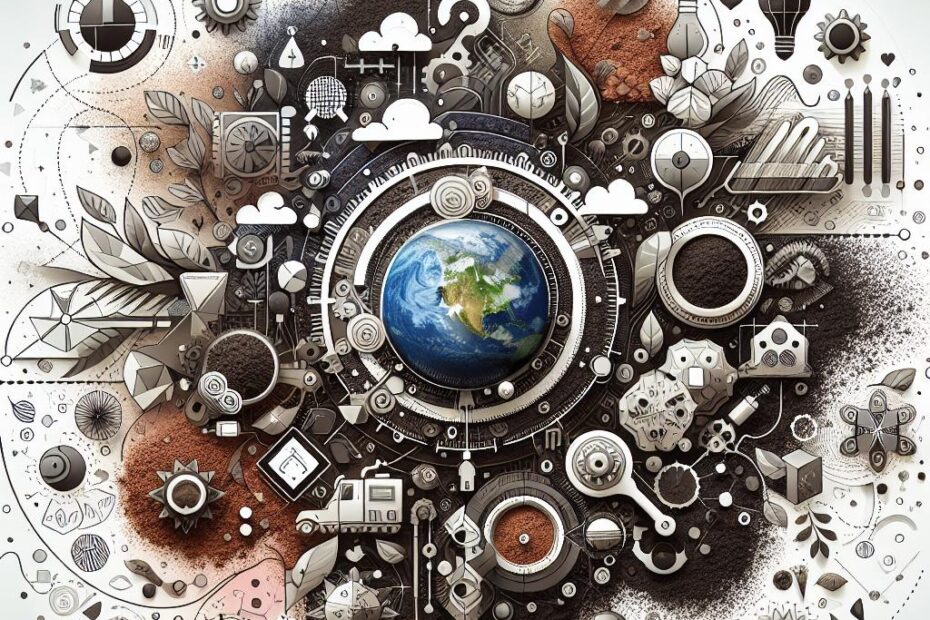Is Soil a Pure Substance or Mixture: Unveiling the Facts
Soil is one of the most essential components of the Earth’s ecosystem. It provides a home for plants, a habitat for countless organisms, and serves as the foundation for all terrestrial life. But when it comes to the question of whether soil is a pure substance or a mixture, things can get a bit murky. Let’s delve into this topic and uncover the truth about soil composition.
Understanding Soil Composition
Soil is a complex mixture of organic matter, minerals, water, and air. It is formed through the physical, chemical, and biological processes that break down rocks and other materials over time. The composition of soil can vary greatly depending on factors such as climate, topography, and vegetation.
The Components of Soil
Soil is made up of several key components, including:
- Minerals: such as sand, silt, and clay
- Organic matter: such as decaying plant and animal material
- Water: which provides essential nutrients for plants
- Air: which allows for the exchange of gases needed for plant growth
Is Soil a Pure Substance or Mixture?
Given the diverse components that make up soil, it is safe to say that soil is a mixture rather than a pure substance. A pure substance is defined as a substance that consists of only one type of atom or molecule, whereas a mixture is a combination of two or more substances that are not chemically bonded.
Soil fits the definition of a mixture because it contains a variety of different components that are physically combined but not chemically bonded. These components can vary in size, shape, and composition, making soil a heterogeneous mixture.
The Importance of Soil
Soil plays a crucial role in the health of our planet. It provides nutrients for plants to grow, filters and cleans water, and acts as a carbon sink, helping to mitigate climate change. Healthy soil is essential for food production, biodiversity, and overall ecosystem function.
Benefits of Soil
Some key benefits of soil include:
- Supporting plant growth
- Storing and recycling nutrients
- Filtering and purifying water
- Providing habitat for soil organisms
- Mitigating climate change through carbon sequestration
Practical Tips for Soil Health
To maintain healthy soil in your garden or landscape, consider the following tips:
- Practice crop rotation to prevent nutrient depletion
- Add organic matter such as compost or mulch to improve soil structure
- Avoid over-tilling or compacting the soil, which can disrupt soil health
- Test your soil regularly to monitor nutrient levels and pH
- Plant cover crops to prevent erosion and improve soil structure
Conclusion
Soil is a complex mixture of organic matter, minerals, water, and air that plays a vital role in our planet’s health. While soil is not a pure substance, its diverse components work together to support plant growth, filter water, and store carbon. By understanding the composition of soil and taking steps to maintain soil health, we can ensure a sustainable future for generations to come.
